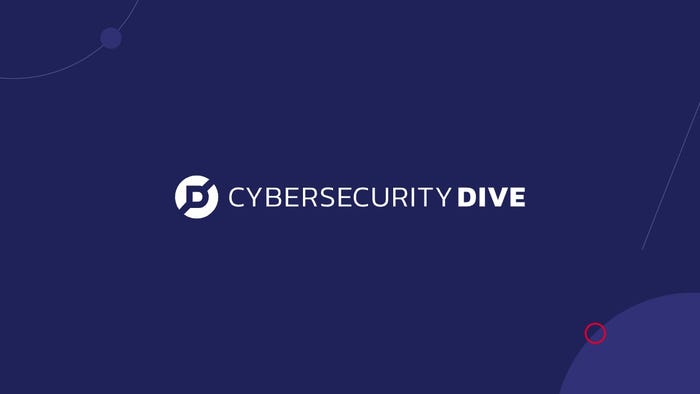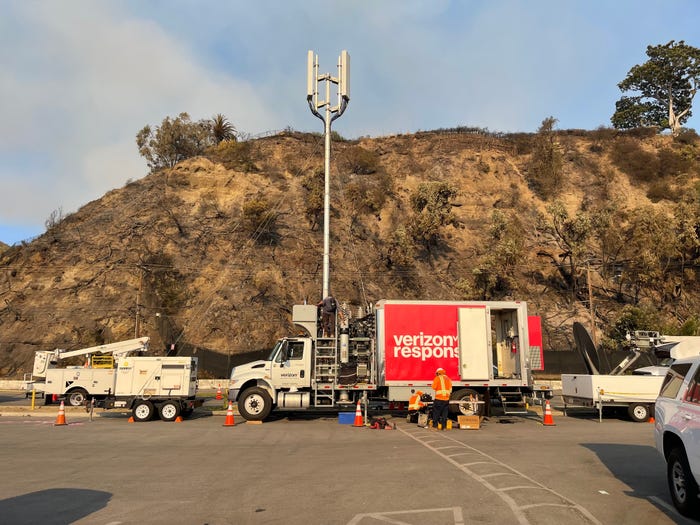Codan to buy Zetron for $45 million cash, will keep Zetron brandCodan to buy Zetron for $45 million cash, will keep Zetron brand

Codan Limited has signed a definitive agreement to pay $45 million cash to acquire 911 solutions provider Zetron that will enable the merger of Codan’s Critical Communications unit and Zetron into a new company that will operate under the Zetron brand, according to multiple sources.
Australia-based Codan and Zetron—a subsidiary of Japan-based JVCKENWOOD—announced the deal yesterday after Codan filed a notice about the Zetron purchase with the Australian Securities Exchange earlier this week. The acquisition is expected to be completed by April 30, according to the Codan filing.
Scott French, president of Codan Communications—soon to be called Zetron—said the deal already has received all necessary clearance from regulators, been approved by the boards of both companies, and the agreement has been signed by the CEOs of both companies. If change-of-control issues about existing contracts can be resolved between JVCKENWOOD and Zetron, the transaction could close quickly, he said.
As Codan continues to transition its company strategy to more end-to-end solutions—more than half of its revenue will come from system sales, as opposed to sales of traditional products—the notion of acquiring Zetron became increasingly attractive, French said.
“Through those systems sales, we’re getting more and more requirements from our customers to offer consoles,” French said during an interview with IWCE’s Urgent Communications.
“It made sense to explore an investment in the command-and-control space for a variety of reasons. One, the market was asking us to do it. Two, with the trends—from FirstNet and broadband to the future of next-generation 911—we thought it was important to be at the intersection of command-and-control broadband and LMR, and the Zetron investment made the most sense to us.”
French noted that the Zetron acquisition “was not a competitive sale” but a deal generated from ongoing discussions between officials at Codan and JVCKENWOOD.
“Codan and JVCKENWOOD have been partnered for quite some time—Codan and Zetron had done work together for the last 10 years, and Codan and EF Johnson [another JVCKENWOOD subsidiary] did some work together,” French said.
“Just through our two companies exploring how we could do more business together, executives at JVCKENWOOD thought that maybe we could be better owners of the business, given that we had moved to end-to-end solutions, with a focus on North America, public safety and next-generation 911. They just felt that we could be better owners of the business.”
Zetron President and CEO Brent Dippie described the merger as “complementary,” both in terms of offerings—Zetron is focused on control-room/dispatch solutions, while Codan is known for delivering critical communications in the field—and sales channels.
“This is probably a North American comment, but when you think about where Zetron’s strong, we have a great channel, and our sales are very focused into the state and local government markets, and we do have some federal business,” Dippie said during an interview with IWCE’s Urgent Communications. “If you look at Codan, you can kind of flip that around—they’re very strong on the federal side, and they do a little bit in the state and local government [sector].
“I think it’s complementary, in term of the idea that we’re going to want to leverage their customer base and contacts to get to their customer base and vice versa.”
French echoed this sentiment.
“At Codan Critical Communications, we’re in the delivery and also in the transportable solutions that enhance incident coverage with our Stratus product line,” French said. “So, when you look at that emergency-response continuum, we’re side by side [with Zetron’s dispatch-oriented offerings] … There isn’t a lot of overlap, but there’s certainly connectivity there.
“We’re very strong in the federal space, especially with our transportables and our repeater products. We are growing rapidly in the state-and-local space, but that really has just happened over the last four or five years. As far as systems go, I might be able to count 40 systems across North America, whereas Zetron is in about a thousand command-and-control centers across North America.”
Both Dippie and French noted that more business details will be available after the deal is completed, but one decision that has been made is that the Zetron brand will continue to be used worldwide.
“We just hit our 40th anniversary, we’ve got a great brand in the marketplace, and I think Codan recognized that,” Dippie said. “They understand that. we’re extremely well known, especially here in North America. They look to leverage that brand and leverage that channel to create a bigger, stronger Zetron out of it.”
French, who worked at Zetron prior to joining Codan, agreed.
“We just felt that the Zetron brand is very powerful in North America—I’ve often referred to it as the sole untarnished brand of public safety,” French said, citing Zetron’s reputation for reliability and service.
“With Zetron, as a customer, you may think they might take a while to solve a problem, but they always solve the problem; they never abandon their customers, and they never hide behind a contract. For us at Codan Critical Communications—the former Daniels Electronics—we feel very much the same way.”
French also expressed optimism about the evolution of 911 centers and dispatch locations transitioning to next-generation technology, particularly in the 911 space, where legislation that would provide $15 billion in next-generation 911 (NG911) upgrades is being considered by Congress.
“When we acquire companies, Codan has a history of investing in engineering in a lot of ways,” French said. “As we explored the [Zetron] acquisition, we know that we’re going to have to invest in product development as it relates to enhancing the feature set of the current MAX call-taking platform to make it more compelling in the evolving next-generation-911 space. We’re eager to get started there.”





